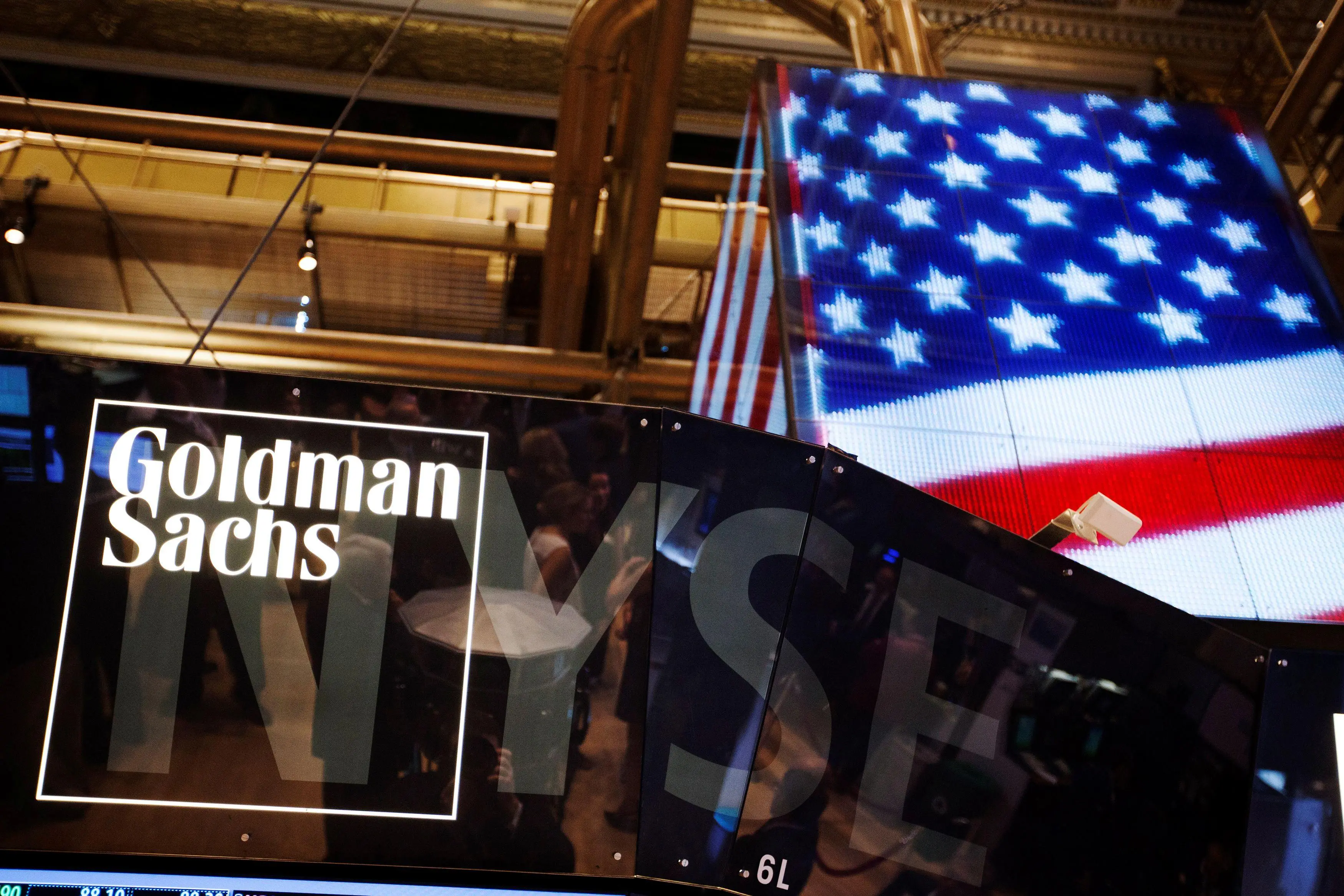PHOTO
(The author is a Reuters Breakingviews columnist. The opinions expressed are his own.)
NEW YORK, (Reuters Breakingviews) - Bumper bonuses run the risk of investment banks facing public opprobrium again. Morgan Stanley, Goldman Sachs and JPMorgan each socked away far more in the second quarter to cover compensation than the same period last year thanks to soaring trading and underwriting revenue. But huge paydays on the back of Federal Reserve largesse while millions of Americans are struggling in an economic slump may not sit well outside the halls of high finance.
Goldman Sachs’s pay and benefits bill, for example, grew 35% compared to 2019’s second quarter, while JPMorgan squirrelled away 41% more for employees in its corporate and investment bank. Morgan Stanley’s Institutional Securities division, which includes its investment bankers, outdid both, with compensation costs jumping 65%.
Based purely on the banks’ performance, that’s justified. Pay rose less than revenue at each firm, meaning shareholders get a larger share of the extra spoils than last year. And banker pay is supposed to be tied to how much business they bring in.
Trouble is, it’s not thanks purely to their own skill and hard work. The Fed’s interest-rate policy and asset-purchase programs, as well as, for example, the U.S. Treasury’s bailouts of airlines helped prop up markets and allow capital to flow.
That among other things led to a record quarter for equity offerings and gangbuster trading on the back of volatility, creating an artificial and temporary boost to Wall Street earnings and pay.
But banks have already come under fire from some in Congress for not cutting their dividends as the economic effects of the coronavirus took hold. And Washington’s institutional memory of Wall Streeters getting big bonuses a decade ago while Main Street suffered is not far below the surface. After the 2008 crash, Congress raked banks over the coals for their various failings, including excessive pay. Anger at Wall Street’s apparent greed also helped spark the Occupy Wall Street movement of aggrieved citizens camping out in New York’s financial district.
One way to get out ahead of any bad publicity is to take a leaf out of Goldman’s crisis playbook. After mounting pressure over excessive Wall Street pay, the bank took $500 million out of its 2009 bonus pool and put it into its in-house charity. A similar public display of humility could serve the industry well 10 years on.
CONTEXT NEWS
- Morgan Stanley’s investment bank set aside almost $3 billion in its second quarter to cover pay and benefits, 65% higher than the same period last year, the firm said on July 16. The division’s revenue rose by 68%.
- Goldman Sachs on July 15 revealed the amount contributed to its bonus and benefits pot for the quarter rose 35% to almost $4.5 billion, while revenue jumped 41% to just over $13 billion.
- Over the same period, JPMorgan’s corporate and investment bank put $4 billion into its kitty for pay and benefits, a 41% increase, the bank reported on July 14. Revenue at the unit rose 66%.
(Editing by Lauren Silva Laughlin and Leigh Anderson)
© Reuters News 2020





















